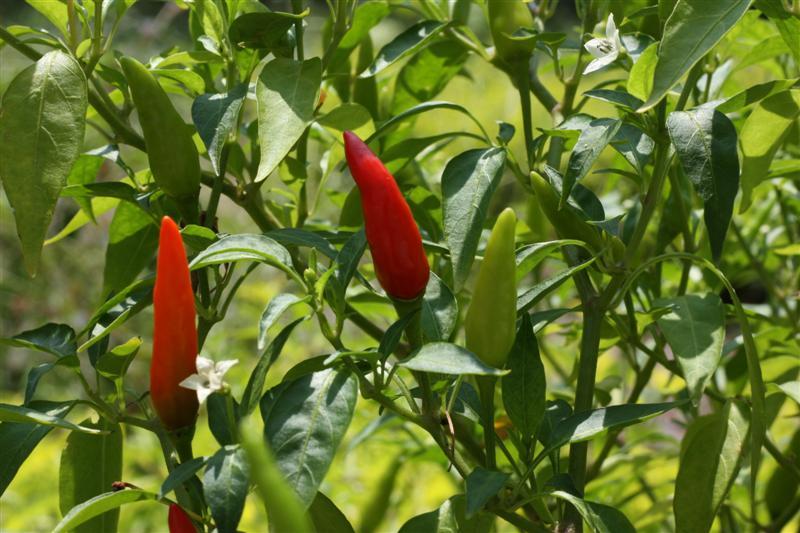A quick survey of my kitchen in southern China reveals the following:
Soy Sauces: Both light and dark varieties plus a bottle of Mushroom Soy Sauce which only tends to get used in non-Asian dishes.
Oyster Sauce: I usually go for the most expensive brand - not sure if this is sensible. Not the most used ingredient - a bottle lasts for ages. Luckily, it keeps.
Oils: Rice bran oil for every day use. It is nearly as basic as rice. Employers frequently give large bottles of oil as a half-yearly bonus to staff. Sesame oil is an essential but only as a condiment; never for cooking. Chilli oil and Sichuan Peppercorn oil for adding to hot pots. The fridge also contains a large pan of home rendered lard (pig fat) which is used mainly for stir-frying green vegetables.
Vinegars: White rice vinegar, red vinegar, black vinegar. I love those mild Chinese vinegars (even using them in "French" vinaigrettes). The black vinegar is mainly used as a dip for jiaozi; the red with seafood.
Shaoxing Wine: This comes in varying qualities from the ridiculously cheap to the staggeringly expensive. I tend to go somewhere in the middle. And anyone who suggests that sherry is an acceptable substitute should have their taste buds tested. No. No. No.
Dried Shiitake Mushrooms: These are an annual gift from a dear friend who is a member of the Dong ethnic minority and lives in a tiny village in Guangxi. The mushrooms are wild and the name in her language translates as "mountain mushrooms". When she visits, I can almost smell her coming! The earthy pungent fungi smell lingers all year.
Chillis, Chillies, Chiles: Spell it how you like. My first few years in China were spent in western Hunan and the food was awesome. Later I visited Sichuan and loved that too. Today, in the kitchen there are five varieties of dried chillies and there is a chilli plant on the balcony (see pic). Who could resists something called "Facing Heaven Chillies"?
Sichuan Peppercorns: Wonderful little taste bombs. I buy these in very small, often re-ordered packs. Freshness is essential.
Salted Black Beans: I'm addicted to these.
Herbs and Spices: Despite living within spitting distance of Vietnam, few of SE Asia's flavourings are available here. No fish sauce, lemongrass, basil, lime etc. Chinese cuisine isn't herb filled. The only fresh herb in the local market is coriander (cilantro). Nor is it particularly spiced. Cloves, start anise, fennel and cumin. That's about the lot. And they are rarely used.
But every supermarket sells little bags of medicinal herbs and spices, most of which don't have English names. These are added to hot pot broths. I've no idea what they are but I'm healthy!






